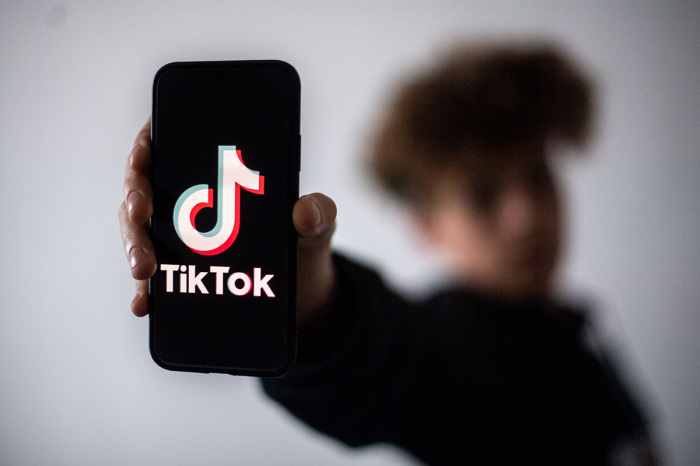4 reactions to US House bill banning TikTok

Prominent lawmakers and political commentators remain divided on a bill that would ban TikTok in the United States unless its Chinese government-linked parent company agrees to sell its shares of the application.
The Republican-controlled U.S. House of Representatives passed the Protecting Americans From Foreign Adversary Controlled Applications Act in a 352-65 vote last week. If approved by the Democrat-controlled U.S. Senate and signed into law by President Joe Biden, the legislation would make it “unlawful for an entity to distribute, maintain, or update (or enable the distribution, maintenance, or updating of) a foreign adversary controlled application” within 180 days of the measure taking effect.
The proposal would prohibit the provision of “services to distribute, maintain, or update such foreign adversary controlled application (including any source code of such application) by means of a marketplace (including an online mobile application store)” and the provision of “internet hosting services to enable the distribution, maintenance, or updating of such foreign adversary controlled application for users” located within the U.S.
The measure applies to any company controlled by a foreign adversary country that operates either directly or indirectly “a website, desktop application, mobile application, or augmented or immersive technology application” that “permits a user to create an account or profile to generate, share, and view text, images, videos, real-time communications, or similar content” and “has more than 1,000,000 monthly active users” in the two to three months preceding the date when the president identifies it as “a significant threat” to U.S. national security.
The legislation defines a “foreign adversary controlled application” as “a website, desktop application, mobile application, or augmented or immersive technology application that is operated, directly or indirectly” by TikTok or its Chinese Communist Party-linked parent company ByteDance. Those who distribute a “foreign adversary controlled application” within the U.S. could find themselves subject to a fine of up to $5,000 multiplied by the number of U.S. users determined to have accessed the app.
While the measure received bipartisan support in the House, lawmakers and political commentators have differing views on the value and implications of the proposal. Here are four reactions to the House’s passage of the bill.
Ryan Foley is a reporter for The Christian Post. He can be reached at: ryan.foley@christianpost.com




























